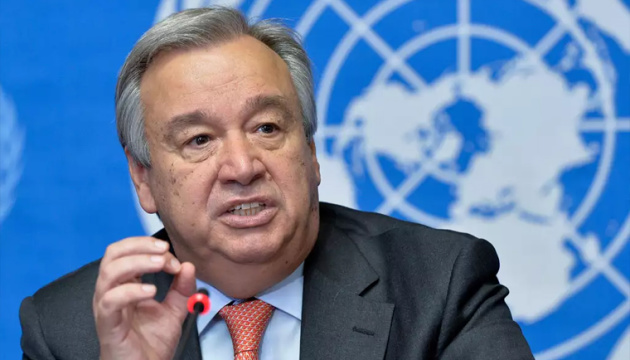U.N. chief urges increase in funding for IMF to help pandemic-hit countries
Washington (Reuters) – United Nations Secretary-General Antonio Guterres on Tuesday called for an increase in funding for the International Monetary Fund and expanded debt relief to help developing and middle-income countries recover from the novel coronavirus pandemic.
Guterres told an online event that IMF members should agree to a new allocation of IMF Special Drawing Rights, something akin to a central bank “printing” money, and the voluntary reallocation of existing SDRs.
He also called for extending a Group of 20 debt moratorium on official debt payments by the poorest countries beyond the end of 2020, its expansion to include “all developing countries and emerging markets in need.”
IMF Managing Director Kristalina Georgieva early in the crisis had called for a new SDR allocation, but ran into opposition from the United States, the IMF’s largest shareholder.
Civil society groups and many countries back such a measure, but U.S. officials say it would benefit mostly rich countries. Washington has argued instead for boosting contributions to two IMF facilities that help the poorest countries, although it has not yet done so itself.
At a later news conference Guterres also called on countries around the world to boost contributions to a joint drive to develop COVID-19 vaccines.
He said the World Health Organization’s ACT-Accelerator to boost development of vaccines, therapeutics and diagnostics needed $15 billion for the next three months, and $35 billion in total to ensure equitable access to a global vaccine.
“We will not see a global recovery until we have stopped the virus in its tracks,” he said.
Guterres said the economic and social consequences of the pandemic threatened to derail decades of work on development, with food shortages increasing, global income from work down more than 10% in 2020, and trade down up to 20%.
He said $11.5 trillion had been spent to counteract the pandemic and the economic impact, but just 2.5% of the total was accounted for by developing and emerging economies, which had the greatest need



